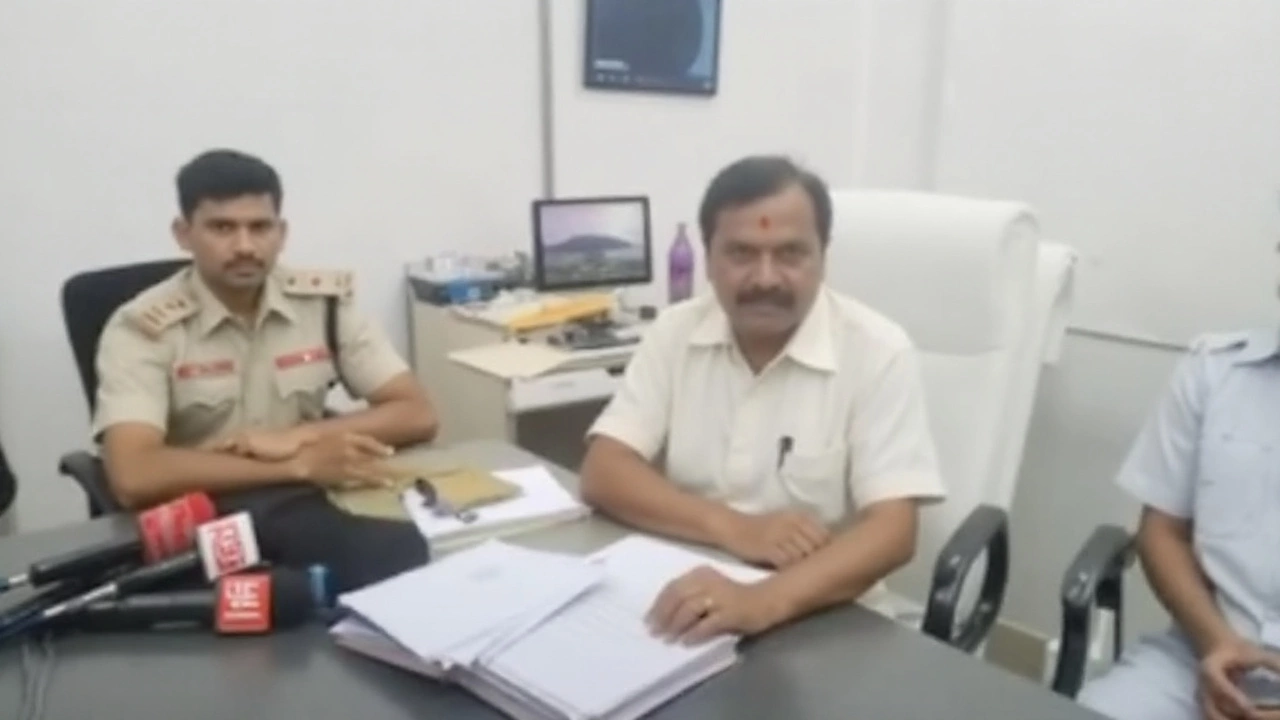Excise Policy Explained: What It Means for You
Ever wonder why the price of a bottle of whisky or a pack of cigarettes jumps up suddenly? That’s usually the result of an excise policy change. In India, the government decides how much duty to charge on certain goods, and those decisions ripple through the market. Let’s break down the basics so you can see why it matters to anyone who buys taxed products.
How the Government Sets Excise Duties
Excise policy is a set of rules that tells manufacturers how much tax they must add to the cost of their product. The finance ministry looks at three things: revenue needs, health or environmental goals, and the overall economic climate. If the government wants to raise money quickly, it might increase the duty on luxury items like alcohol. If it aims to curb smoking, it could hike the tax on tobacco. These rates are published in the annual budget and take effect on a set date.
For example, in the 2023 budget, the duty on high‑alcohol spirits rose by 15 percent. That increase added roughly ₹30 per litre to the retail price. The change was framed as a way to boost the exchequer and discourage excess drinking. Manufacturers passed the extra cost to retailers, and consumers felt it at the checkout.
Real‑World Impact on Prices and Choices
When excise rates go up, the price tag on the shelf follows. That doesn’t just affect big brands; small producers feel the pinch too. Higher costs can lead some companies to cut down on packaging or even shift to lower‑tax products. Consumers, on the other hand, might switch to cheaper alternatives or buy less frequently.
Take tobacco: a 10 percent duty hike can reduce consumption by about 3‑4 percent, according to studies from the Ministry of Health. That shows how a well‑designed excise policy can serve public‑health goals while still filling the government’s coffers.
One practical tip for shoppers: keep an eye on the “excise duty” line on receipts for items like fuel, liquor, and tobacco. If you see a sudden jump, it’s usually a policy change, not just a retailer’s pricing trick.
Businesses also need to stay on top of these rules. Failure to collect the correct excise duty can mean heavy penalties. Most companies use specialized accounting software to update their prices automatically when the government announces new rates.
Bottom line: excise policy shapes what you pay for many everyday items. Understanding the why behind price changes can help you make smarter buying decisions and even plan your budget more accurately.
Stay tuned to budget announcements or follow trusted news sources for the next excise update. Knowing when a change is coming lets you stock up or switch brands before the price hike hits your wallet.
